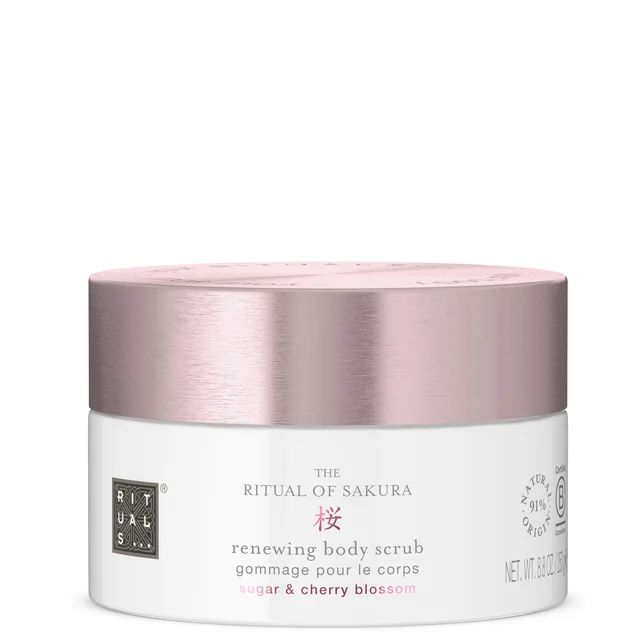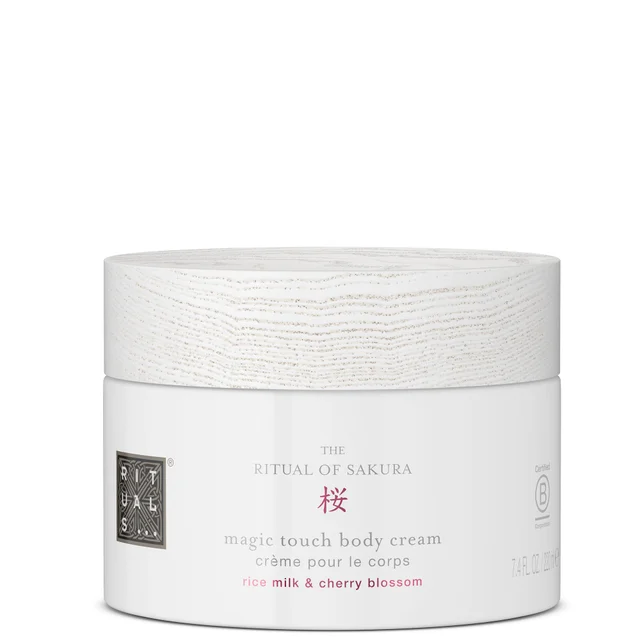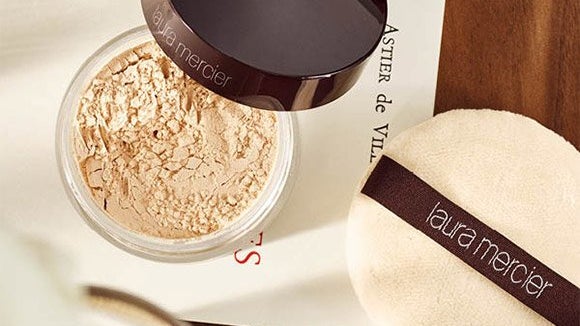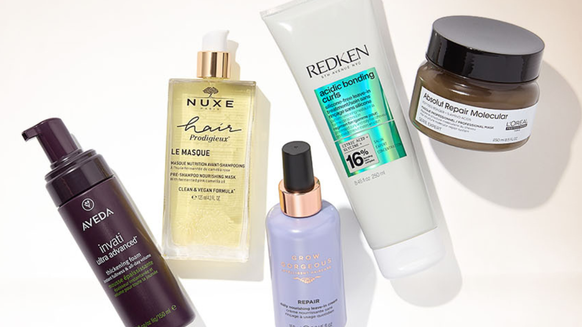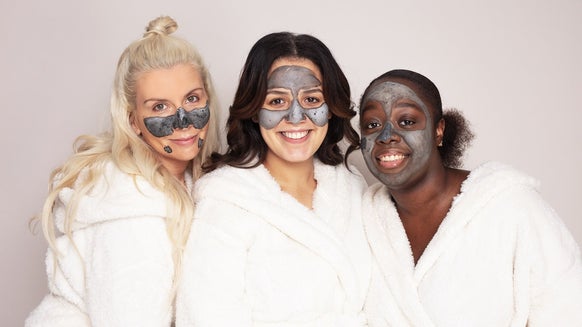Why Meditation is good for your mental health

Mental health is something that should be prioritised and discussed regularly, especially now life is starting to pick up pace again for many of us, which can be quite overwhelming. A great way to keep calm and prevent burnout is through meditation.
Although the word may bring to mind images of incense, mantras and sitting still and doing nothing for huge blocks of time, meditation can be practised in many different ways and encompasses so much more than that. Contrary to what many people think, the goal of meditation is not to completely empty the mind or silence thoughts, but focuses more on training the mind to observe thoughts, focus and redirect attention in a positive way. Meditation helps to declutter the mind by observing thoughts, emotions and sensations and training it to connect with the present moment.
We've got advice from Rituals who understand that incorporating meditation into your daily routine where and when it suits you offers many scientifically backed benefits. Here are some of the incredible things that meditating can do for your body, mind and soul...
What are the benefits of meditation?
Research shows that meditation practitioners have lower levels of cortisol, also known as the “stress hormone”. Meditation eases stress and anxiety which prevents you becoming overwhelmed and burnt out.
Meditation is known to help regulate sleep patterns, which is extremely important for your physical health (and, not to forget, your mood!).
Studies on the effects of meditating on the brain show that it can improve memory.
Forget painkillers and let meditation take away your headache instead. Practising meditation can help with pain management and pain relief without the use of over the counter medication.
If you weren't completely sold already, I'm guessing this one has got your attention! Meditation has been found to have positive effects on the ageing brain, slowing down age-related cognitive decline.
Tips to help you get started with meditation
Meditation doesn't have to be something time consuming and even two minutes per day is effective. There is no skill, equipment or experience required, just some deep breaths and concentration.
Step 1: Create a Meditation Space
Although you can meditate wherever and however you feel comfortable, it’s a good idea to create a meditation space in your home where you can retreat. Dedicate a place in your home where you feel relaxed and at peace, whether that’s a small corner of your bedroom, a windowsill in your living room, or a guest room that could double as your personal sanctuary.
Choose a spot that makes you happy - Whether it's in your bedroom, or in front of the window, your meditation space should inspire a happy feeling within you. Consider things like light, noise and general traffic inside your home. You want it to be quiet and peaceful, so the more private the space, the better.
Personalise your Meditation room to soothe the senses - This is your space to reflect and focus on yourself—your meditation area should mirror that. Most people find candles add to a relaxing atmosphere; the act of lighting a candle is a small, calming procedure and its aroma can also has a positive affect on your mood. Use a scent that you know makes you happy and is designed especially for relaxation or alternatively, use a body mist to carry around the same relaxing scent wherever you go, or a body oil for long-lasting scent that stays with you all day.
You should also feel free to decorate the walls of your space with things that you associate with inner peace. If the ocean relaxes you, hang pictures of seascapes. Relaxing music can also help create a calm atmosphere for some, helping them concentrate. Try and make your space as comfortable as possible by using a cushion for comfort, and have to hand any accessories you like to use such as beads. This will put a claim on the environment and remind you and others that this is a scared space meant for mindfulness.
Bring the outside in - Nature and meditation go hand in hand with relaxation, so keep this in mind when you’re setting up your space. Depending on what you find most soothing, decorate your space with houseplants, seashells or even a small water feature to create your perfect atmosphere.
Step 2: Meditate with Rituals
Rituals have some easy instructions in the below video for a short but effective way to begin meditation.
To get the full, science-based, benefits of meditation, try and make it a daily ritual. Try adding a short practise such as the one above into either your morning or nigh time routine where you know you will be more likely to stick to it and it will soon become something you don't even have to remind yourself to do like brushing your teeth in the morning or cleaning your face before bed.

Working with brands at LOOKFANTASTIC for over two years I have developed my knowledge of all things beauty from key skincare concerns to niche makeup tricks and haircare hacks. I have a major passion for finding effective solutions that are easily accessible to everyone so that we can all achieve our best, glowing complexion.



